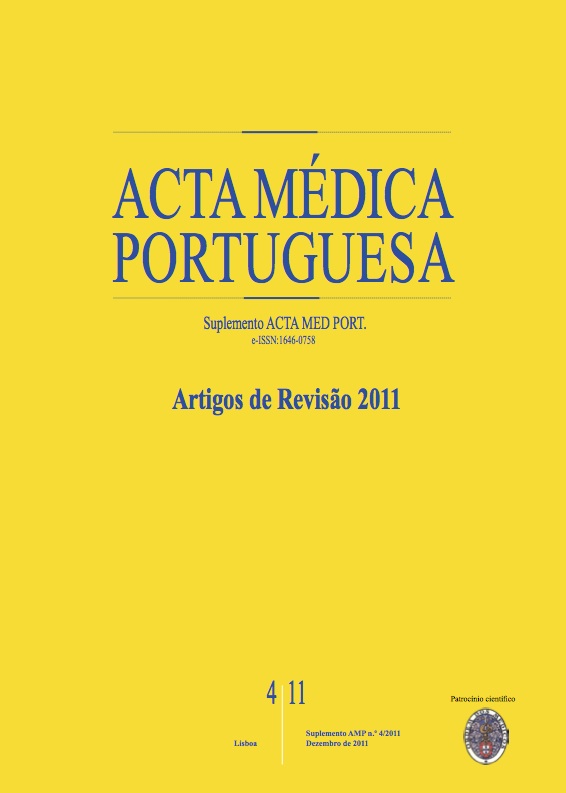Candidatos a transplante hepático com doença hepática alcoólica: aspectos psicossociais.
DOI:
https://doi.org/10.20344/amp.1587Resumo
One of the most common indications for Liver transplantation is Alcohol Liver Disease (ALD). Transplant recipients with ALD have a similar prognosis in terms of medical evolution and quality of life to those with other liver diseases. ALD is present when alcoholism (alcohol dependence /abuse) or heavy drinking coexists with chronic/acute liver disease. In the present article difficulties in establishing this diagnosis are debated. The main predictors of alcohol intake relapse after transplantation are: pre-transplantation abstinence (> 6m), social support, diagnosis acceptance, history of previous treatments, alcohol abuse VS dependence, Vaillant prognosis factors, good adherence (good prognosis); and family history of alcoholism, psychiatric history (psychosis, personality disorder), duration of alcoholism period, quantity of alcohol /day consumed (bad prognosis). Based in these factors we present a new evaluation scale. Diagnosis of alcohol relapse depends on the criterion used. Relapse rate is 5.6% /year. In the end of this article we discuss the different psychopharmacological and psychological methods used to treat pos-transplantation alcoholism relapse and some ethical aspects related to discrimination of patients with ALD.Downloads
Downloads
Como Citar
Edição
Secção
Licença
Todos os artigos publicados na AMP são de acesso aberto e cumprem os requisitos das agências de financiamento ou instituições académicas. Relativamente à utilização por terceiros a AMP rege-se pelos termos da licença Creative Commons ‘Atribuição – Uso Não-Comercial – (CC-BY-NC)’.
É da responsabilidade do autor obter permissão para reproduzir figuras, tabelas, etc., de outras publicações. Após a aceitação de um artigo, os autores serão convidados a preencher uma “Declaração de Responsabilidade Autoral e Partilha de Direitos de Autor “(http://www.actamedicaportuguesa.com/info/AMP-NormasPublicacao.pdf) e a “Declaração de Potenciais Conflitos de Interesse” (http://www.icmje.org/conflicts-of-interest) do ICMJE. Será enviado um e-mail ao autor correspondente, confirmando a receção do manuscrito.
Após a publicação, os autores ficam autorizados a disponibilizar os seus artigos em repositórios das suas instituições de origem, desde que mencionem sempre onde foram publicados e de acordo com a licença Creative Commons









